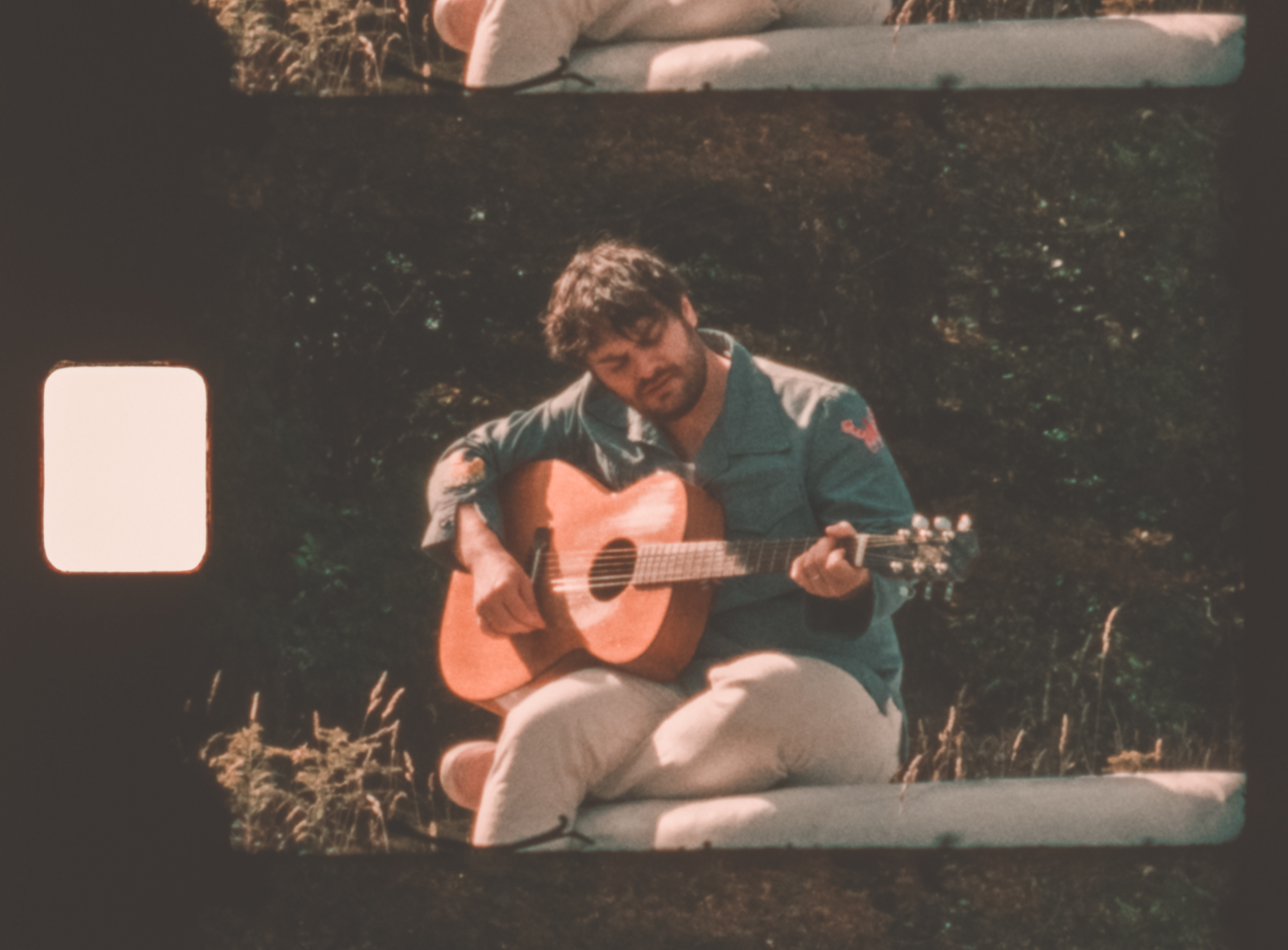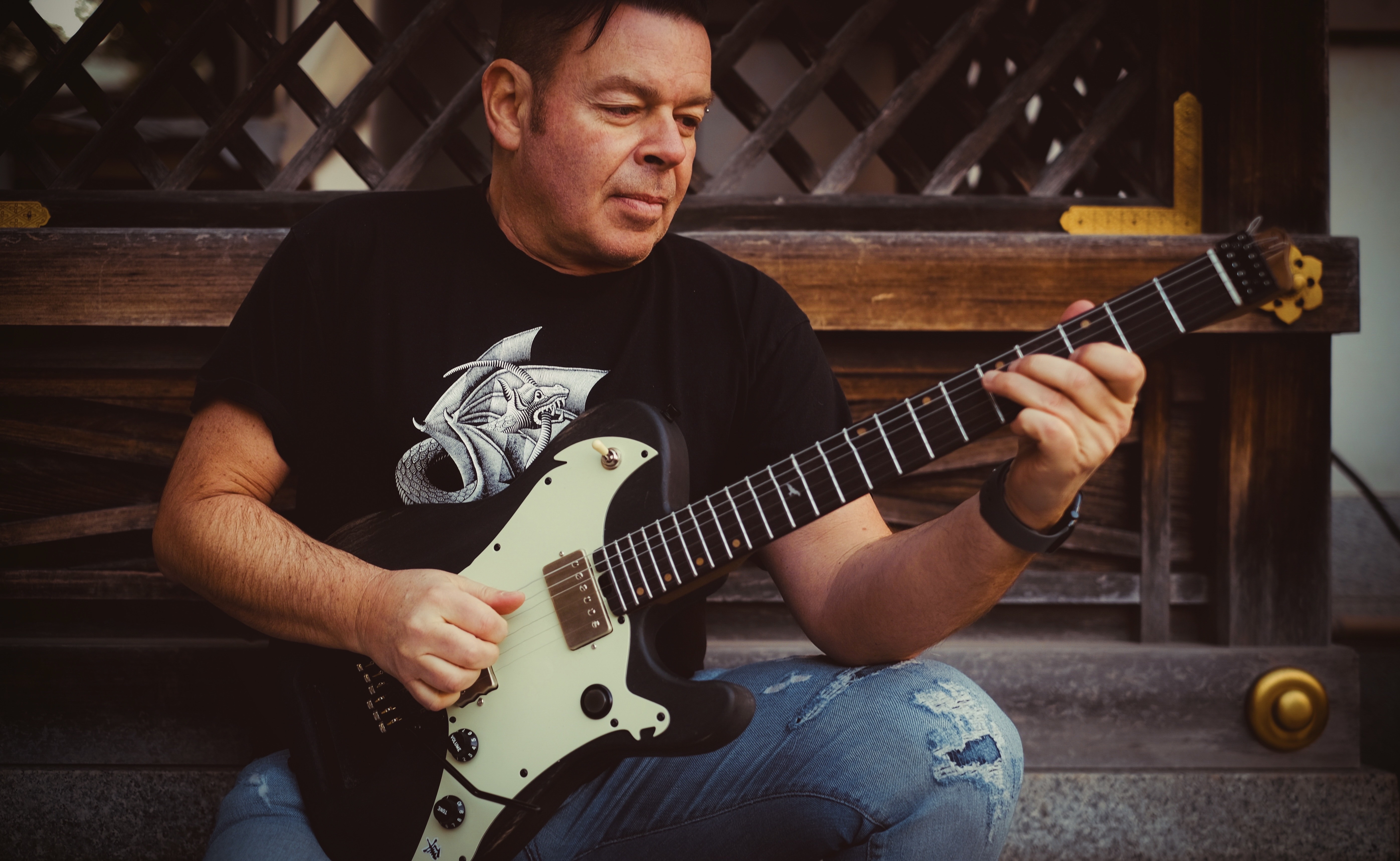On April 10, 1981, Modern English released their debut album Mesh & Lace. Although the band is considered by many as a one-hit wonder, due to the massive success of their single “I Melt With You”, the band’s debut record is a staple of the early goth and post-punk sound. Raw, visceral, and spontaneous, the songs included in the record have a life of their own, both simple and layered.
We had the opportunity of chatting with frontman Robbie Grey, who took us back to those early years of the ‘80s and painted an insightful picture of how the making of that album really was.
During 1980 and 1981 the world wasn't a nice place (especially England). They were riots, AIDS, and the hostage crisis in Iran. But there were also some important things happening in the music industry, like the launch of MTV. What do you remember from those days?
Well, they're two different things. The MTV thing was the colorful American side of things. The other side was the bleak English side, which is what spurned a lot of the music. That's what gave birth to a lot of the music was the fact that. England was black and white in those days. There was no color whatsoever. Margaret Thatcher was the Prime Minister and she was killing the working class. It was a very difficult time. There was no money around for people like us. We used to steal our instruments to be able to play. We used to literally steal, I used to steal microphones from DJs and stuff at nightclubs just to have some equipment. It was a tough time. And we’ve just moved to London to start writing Mesh & Lace.
It was a really, really hard time. And it was just after punk; punk had sort of died out, and there was this sort of sound that people now call post-punk. At the time we didn't really have a name. It was just a lot of bands that were making a sound, experimenting with sound, because none of them were really good musicians. Really, none of us could really play that goes for, Joy Division, The Cure, Gang of Four, Modern English. But we were making sounds, experimenting with effects, which was why a lot of the music had that sound to it. It was a very exciting time actually to be part of, musically. But the social background was terrible. You know, the Falklands war was happening as well, which was just this crazy time. And Margaret Thatcher being the Prime Minister was really tough, you know, for most people.
I'm actually Argentinian, so I know that part of history pretty well…
Yes, Las Malvinas. It was terrible though. I remember the ships leaving England full of troops to go to a place on the other side of the world. Anyway, that's just one part. I mean, the rest of it was just as bad. All the strikes were going on, the mining strike, the printing strike, it was awful. It really was bad. But out of that came a lot of creativity.
One time I had a chance of talking to Peter Hook, and he told me very similar things, it was the same picture he was painting; and somehow all that chaos translated into great music. So how was the process of writing Mesh & Lace? It was your first record and you were a very new band, how the first songs came together?
Well, we'd, we'd done a couple of singles before 4AD, but we'd only just moved to London. And we were, we were writing in a, in, a squat… do you know what a squat is? It's where you live in a house. You don't pay for the money.
We were living in the squat and we just used to rehearse in the squat and write songs. And we used to move to another squat every couple of months when the local council caught up with us. And that it was, that's how Mesh & Lace was written around, so that’s why it has a bleak edge to it because everything about our life was bleak at the time. That's really all I can say about the writing process. The more interesting part of it was the recording process because a lot of the writing kind of happened in the studio. Things were made up in the studio, a lot of them anyway.

How did that happen? Because I know the album was released on 4AD, but did they give you an advance since you guys didn't have much money at the time? Or how did that work?
Yeah, Ivo Watts-Russell had 4AD at the time. He was really good. He was an artistic, creative person himself, so he understood it. He signed us on a five-album deal. So, you know, he wanted us to grow and he actually paid for everything. And he gave us a wage as well. It wasn't much, but it was better than what we were used to. Also he came into the studio with us to help with the recording. So it was a really creative process. Ken Thomas produced it. He was in Psychic TV, and he'd done a lot, of the Throbbing Gristle records. So that also helped to give Mesh & Lace that edge of sort of darkness, cuz that's kind of what he was doing. And that's the sound of everything back then as well. He went on to do all the Sigur Rós stuff later. And he was doing a lot about similar bands like us and Wire, and bands like that. He was producing at the same studio Jacob's, studio at the Farm down there in Farnham. We recorded it in seven days and we mixed it in seven days. We did it all very fast. It was all done live. it was done live with a few overdubs and, uh, some vocal overdubs as well. But most of it was recorded just with the band playing.
Were there any people in the studio besides you guys, Ivo, and the producer?
No, it was just us, Ivo, and the producer. It was just a very creative process, you know, every day we would have wild ideas and try different things. Like on "16 Days", for instance, in the intro, there are a lot of rattling film cans that we found, these big silver reels from film cans. And we just started rattling those. And then when we did “Grief”, we did like a 10-minute version of it originally. And then, we got up in the morning, we listened to it. We thought, oh God!, that's too long. So we took a couple of minutes off of it and rerecorded it, replayed everything again. There are lots of stories for each track really, but it was a very creative process.
Our full conversation will soon be released on our new podcast, so make sure to subscribe to our newsletter to be the first one to get access to it! And if you are in California (or planning to be) make sure to catch Modern English live at Cruel World Fest on May 20.
FOLLOW MODERN ENGLISH
ARTICLE BY: Florencia Franceschetti PICTURE: Mesh & Lace Band Photo. Source






.png)



